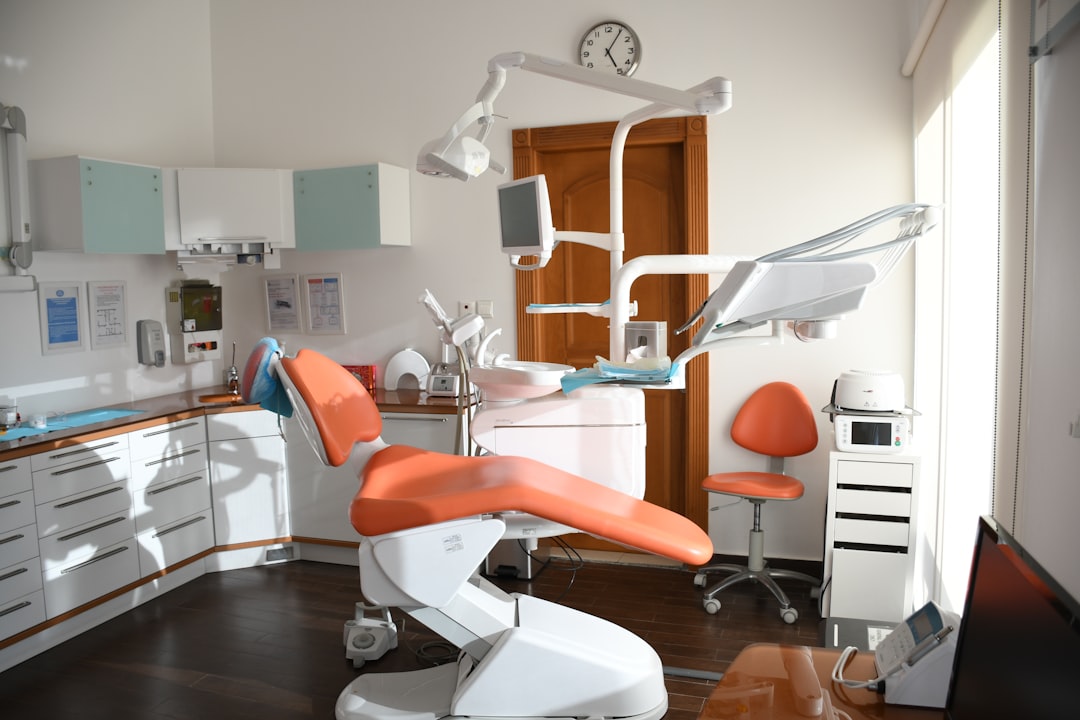A Guide To Achieving Work-Life Balance
The Impact of Burnout on Dental Professionals: Learn about the symptoms, causes, and consequences of burnout in the dental profession, and discover strategies for prevention and management, including the role of the COVID-19 pandemic, with support and guidance from Cary Ganz Consulting.

Understanding Burnout in Dental Professionals
Burnout in dental professionals is a significant concern that affects not only the individual but also the quality of care provided to patients. Symptoms of burnout include emotional exhaustion, prolonged fatigue, cynicism, decreased sense of accomplishment, irritability, and physical symptoms such as headaches or gastrointestinal issues. It’s a condition that is often ignored or unnoticed until it becomes severe, causing a significant impact on both personal and professional lives.
The dental profession, with its unique set of challenges, is particularly susceptible to burnout. These challenges include the demands of running a practice, maintaining a patient base, staying informed of industry trends, and managing stress and work-life balance. New dentists face additional challenges such as lack of business knowledge, navigating professional growth, and confidence issues. Cary Ganz Consulting, leveraging 50 years of experience, provides guidance and mentorship to both new and experienced dentists, addressing these challenges through phone or Zoom calls and providing access to valuable resources like The Library, an online repository of ebooks.
 Impact of Burnout on Dental Professionals
Impact of Burnout on Dental Professionals
Burnout in dental professionals can lead to a variety of physical and psychological conditions, such as depression, anxiety, and other health issues. The stress and exhaustion that come with burnout can result in decreased productivity, higher rates of mistakes, and strained relationships, affecting both their personal lives and careers.
A survey conducted during the COVID-19 pandemic found that 71% of oral health providers reported increased burnout since the start of the pandemic. This demonstrates the significant impact of burnout on dental professionals, an issue that requires immediate attention and effective measures for mitigation.
The Role of the Pandemic in Dental Professional Burnout
The COVID-19 pandemic has significantly exacerbated burnout among dental professionals. A staggering 71% of providers reported higher levels of burnout during the pandemic, with younger providers (aged 18-34) reporting the highest levels. Dental professionals, already under stress due to reduced patient visits, a backlog of patients, and the long hours and administrative tasks involved in running a practice, have seen their stress levels further exacerbated by the pandemic.
Strategies for Preventing and Managing Burnout
Preventing and managing burnout in the dental profession requires a multi-faceted approach. Effective strategies include setting realistic expectations, taking regular breaks, automating tasks, prioritizing hobbies, and seeking professional help when needed. In a dental practice, addressing signs of burnout, providing training, arranging shifts to avoid fatigue, promoting open communication, and showing appreciation can help prevent burnout.
The Importance of Self-care and Work-life Balance
Self-care and maintaining a healthy work-life balance are crucial for dental professionals to prevent and address burnout. Ignoring signs of burnout can have severe repercussions on both personal lives and careers.
Preventive strategies for burnout in dental professionals include maintaining a consistent sleep schedule, eating properly, and decluttering the home to reduce stress.
